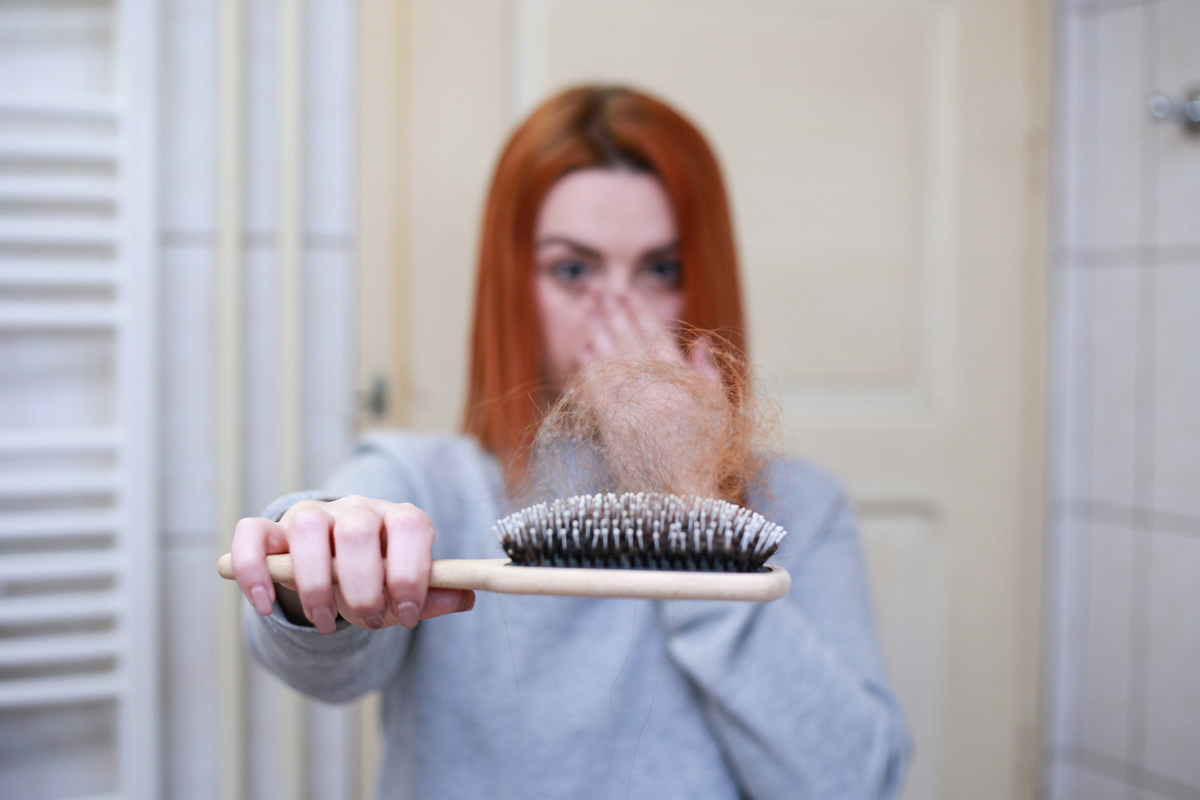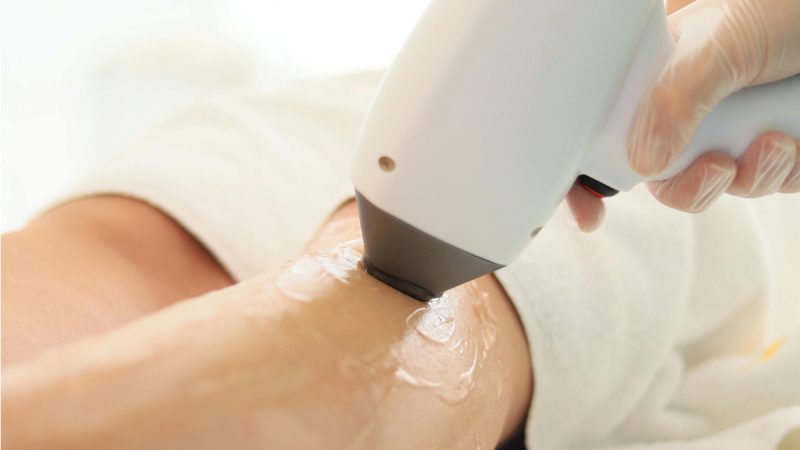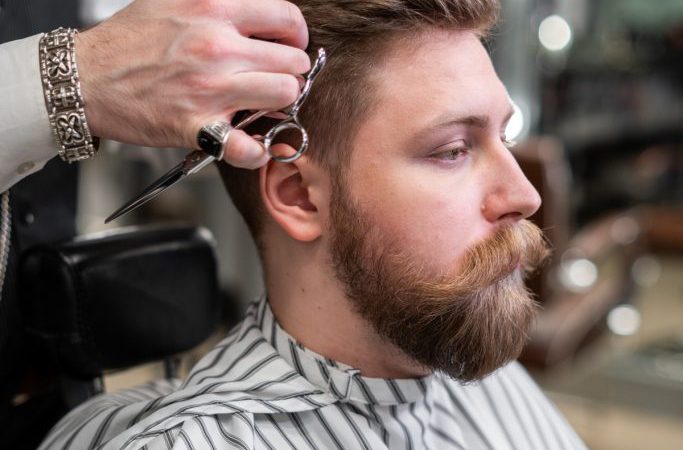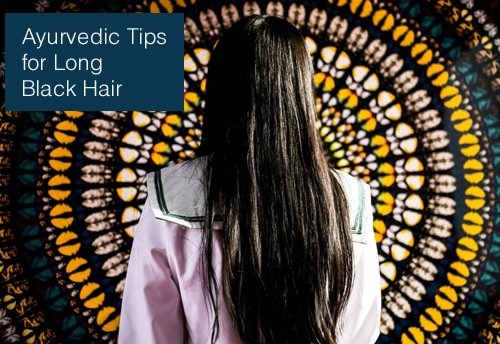Why People Lose Hair

Do you find strands of hair clinging to your comb, or collecting in your bathroom drain? Don’t be alarmed. Most of the time, it’s just your hair going through its normal stage of shedding. On the average, you lose 50 to 100 strands of hair each day. Shed hair is replaced by new hair, and the hair growth cycle starts over. However, if you notice your hair thinning or falling out excessively, you may need to seek professional help to avert baldness, or alopecia.
Alopecia can affect anyone. And- it’s not always determined by “the mothers genetics”. Truth is, there are several causes of alopecia. Let us take a look at a few reasons why people lose hair.
The most common cause of baldness in both men and women is androgenetic alopecia or pattern baldness. This is caused by increased levels of androgens or male hormones. It may be hereditary. You may notice an M-shaped thinning of hair in your temples and crown if you are a male, or thinning in the central and frontal scalp if you are a female.
On the other hand, a bald spot on your scalp may be due to alopecia areata. In this condition, your immune system produces antibodies that normally fight off harmful microorganisms, but instead damage your hair follicles, leading to hair loss that appears as smooth round patches.
If you underwent surgery or had a severe illness during the last 3 months, you may also notice hair loss that is more than what you’re used to. As a natural reaction of your body to a stressful life situation, about 50% of your hair enters the resting phase of hair growth. Because shed hair is not immediately replaced, thinning of your hair becomes apparent. This temporary hair loss is called telogen effluvium. Your hair will grow back once the underlying illness resolves.
Hormones also play a role in hair loss that is associated with thyroid diseases and pregnancy. An excess or a decrease in your thyroid hormones may lead to alopecia. After giving birth, the abrupt decrease in the level of the female hormone estrogen causes temporary yet massive hair shedding. Other medical conditions that may lead to hair loss include fungal infections, diabetes, lupus and intake of certain medications.
“You would think that most of of our hair loss clients would be men,” says Ronnie Talent, SEO of Legacy Hair Center in Charlotte. ” Roughly 70” of our new hair loss inquiries are women. Many people don’t realize that 25% of women will also suffer from thinning hair.”
Are you aware that even your hair styling habits can cause hair loss? The constant pulling of your hair when you wear pigtails, cornrows or a tight ponytail damages your hair follicles, leading to traction alopecia. Improper and frequent use of hair treatments may also weaken your hair and cause breakage. Some people are unable to control the impulse to pull out their hair. In these cases of trichotillomania, psychological intervention is also necessary.
Finding the reason why you lose hair is important. It will guide your dermatologist or hair specialist in deciding which hair loss option is appropriate for you. You may have to receive oral and topical medications, or undergo procedures such as laser hair therapy, hair transplantation, or hair replacement. “The Hair Replacement technology that is used today is the same technology used in Hollywood, “says Talent . “Now- if you suffer from hair loss, you have the option to use that technology, and look the way you want to look.”
The important thing is that you seek consult from an expert, who can guide you to the right diagnosis and give you the best possible treatment.
The Author:
The Legacy Hair Center
Photo. Martin Lavoljubovski








